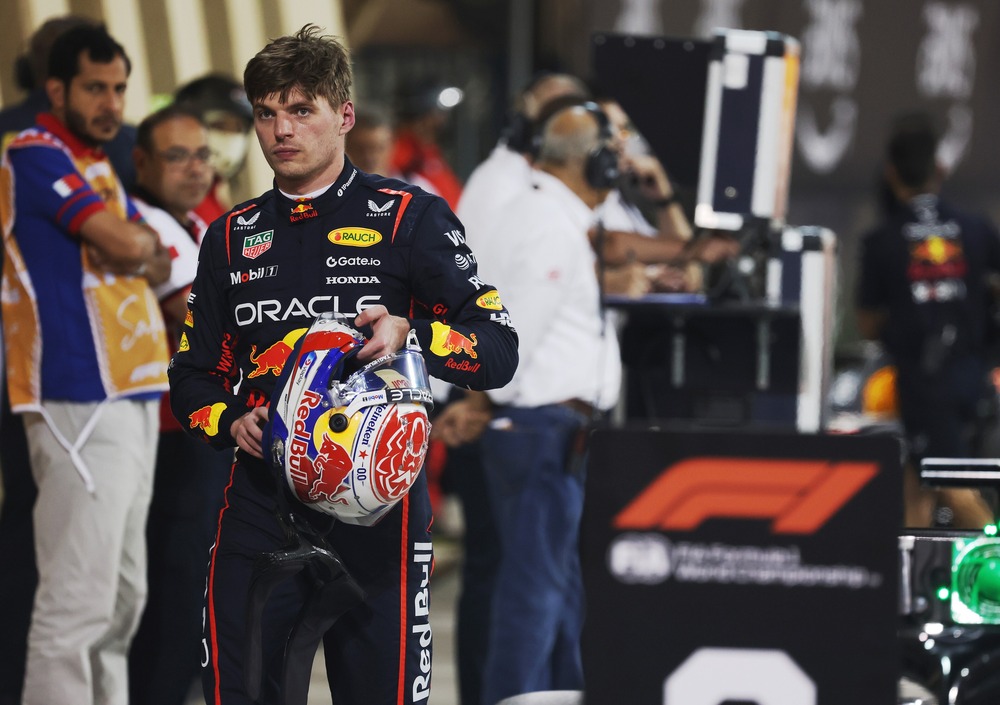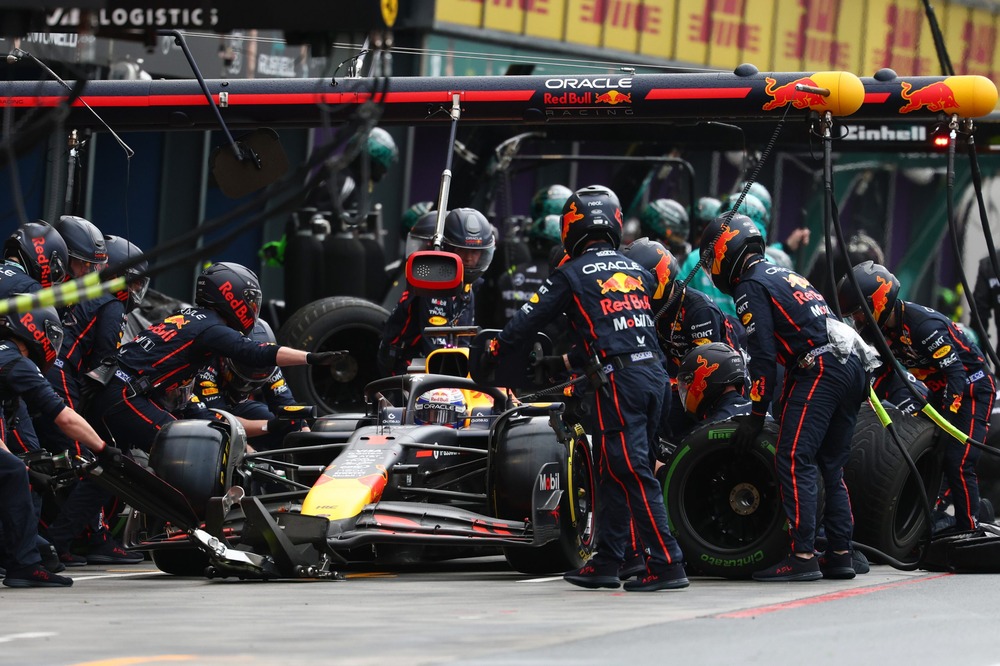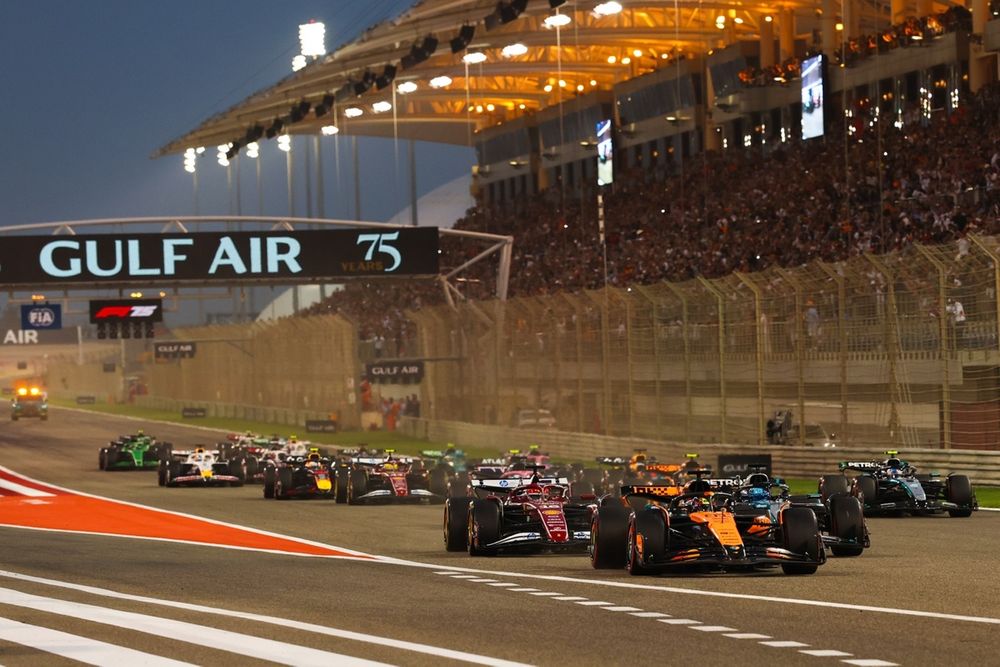The FIA has confirmed the much-anticipated F1 rookie race has been postponed to next year as part of changes that include adjustments to 2026 technical regulations.
Initially proposed to take place at the end of the 2024 season in Abu Dhabi, the F1 rookie race aimed to provide young drivers with invaluable experience in a competitive environment. However, logistical and organizational hurdles have led to its postponement until at least 2025.
The concept of a F1 rookie race was met with enthusiasm from various quarters within the sport. Team principals, including notable figures such as Red Bull Racing boss Christian Horner and Mercedes’ Toto Wolff voiced their support for the initiative.
The idea was to transform the traditional post-season Young Driver Test into a more dynamic event where rookies could showcase their skills in a competitive format, including a free practice session, qualifying, and a race with reduced distance.
This would not only allow young talents to gain experience but also provide teams with an opportunity to evaluate potential future stars in a more representative setting than typical testing.
Despite the broad support for this initiative, the FIA’s recent F1 Commission meeting revealed that several factors contributed to the decision to delay the event.
The primary reasons cited were timing and organizational constraints. With only a couple of months remaining before the end of the season, it became clear that there was insufficient time to finalize regulations, logistics, and other necessary arrangements for such an event.
The FIA stated that while discussions will continue regarding the format and execution of a rookie race for 2025, it was imperative to ensure that all aspects are thoroughly planned to maintain safety and competitiveness.
“The concept of a ‘F1 rookie race’ to be added to the 2024 post-season test schedule at Abu Dhabi was discussed,” read a statement from the FIA.
“While the concept received widespread support, it was determined that due to timing and organisational constraints, the event would not take place in 2024, and discussions will continue to formulate a potential concept and plan for 2025.”
Besides the F1 rookie race discussions, the F1 Commission also addressed upcoming changes to the 2026 technical regulations. These regulations are pivotal as they mark a significant shift in Formula 1’s approach to car performance, aerodynamics, and safety standards.
Following feedback from teams and drivers regarding concerns over potential lap time reductions associated with these new rules, the FIA has committed to enhancing aerodynamic performance beyond initial expectations.
This adjustment aims to ensure that cars remain competitive while prioritizing safety and sustainability.
The statement read: Following discussions during recent Technical Advisory Committee meetings, and ongoing talks with Formula One teams, a number of amendments to the 2026 Technical Regulations in the areas of performance, aerodynamics and safety have been included in the latest iteration of these Regulations.”
The revisions to the 2026 technical regulations reflect ongoing collaboration between the FIA and Formula One teams. The goal is to strike a balance between innovation and tradition while addressing pressing concerns about performance levels as new power units are introduced.
The changes will also be subject to ratification by the World Motor Sport Council, which is scheduled for October 17. This ratification process is crucial as it will solidify the framework within which teams will operate moving forward.
Moreover, as part of these regulatory updates significant adjustments have been made to pre-season testing protocols as teams will be allocated nine days of testing divided into three separate blocks of three days each.
This extended testing period is designed to facilitate a smoother transition into what is anticipated to be one of Formula 1’s most transformative seasons yet. By allowing teams ample time to adapt their cars under new regulations, it ensures that they can optimize performance while adhering to safety standards.
“The 2026 Sporting Regulations have undergone a significant re-vamp, seeking to simplify their structure,” it added.
“In terms of substance, the 2026 pre-season test schedule will involve three, three-day tests, in recognition of the challenges presented by the new Power Unit Regulations.
“The 2026 Financial Regulations will be an evolution of the current regulatory framework. The objectives of the 2026 regulations are to provide a competitive balance between sporting fairness and financial sustainability.”
The postponement of the F1 rookie race has sparked discussions about how best to integrate young talent into Formula 1 without compromising safety or competitive integrity. The idea of providing rookies with more track time is undoubtedly appealing; however, it must be executed thoughtfully.
As teams prepare for future seasons, they must consider how the young drivers can be effectively introduced into a highly competitive environment.
Looking ahead, there is optimism that when the rookie race does eventually take place in 2025, it will serve as a valuable platform for emerging drivers. With names like Andrea Kimi Antonelli and Jack Doohan poised to make their F1 debuts next year, there is no shortage of talent eager for opportunities at this level.






